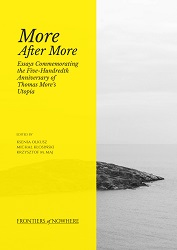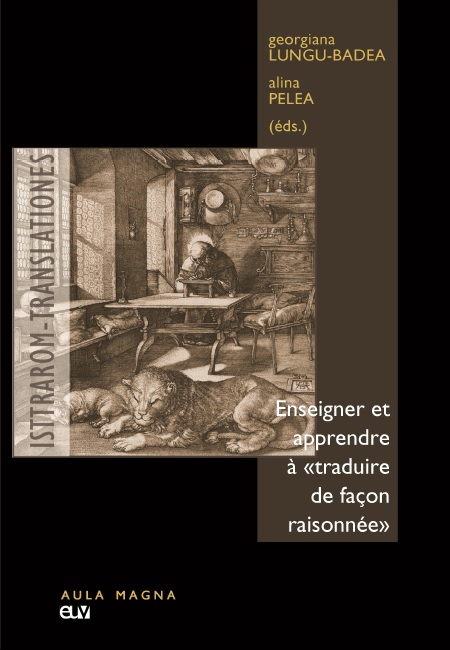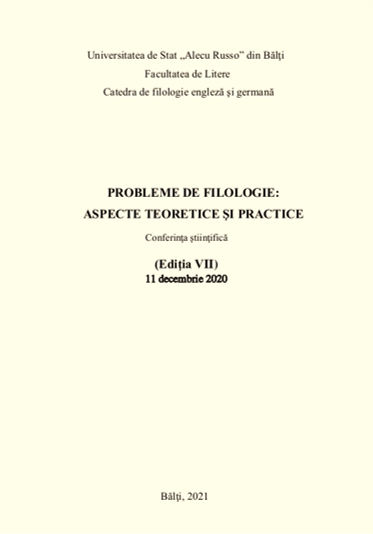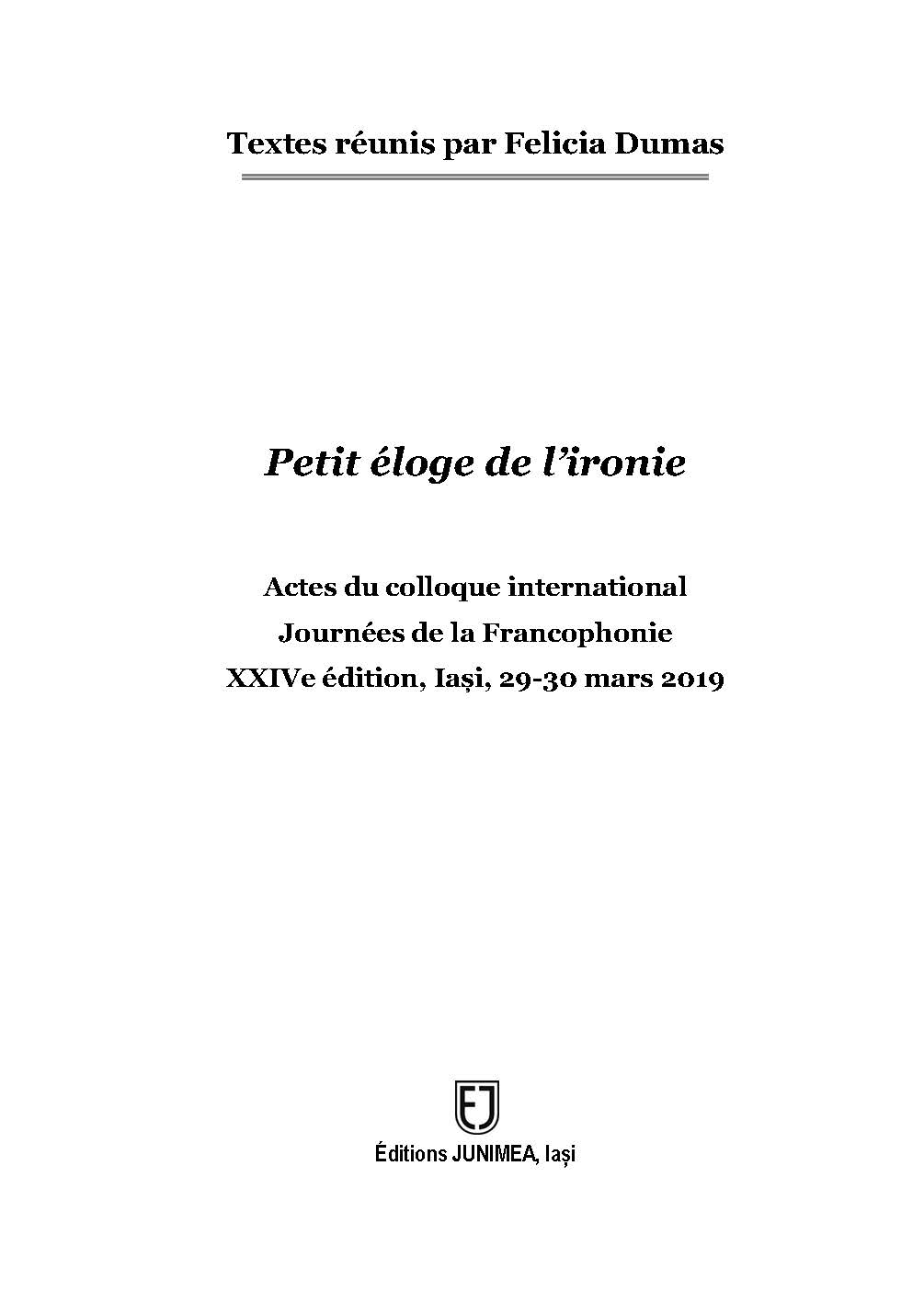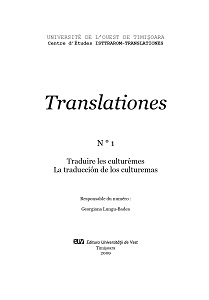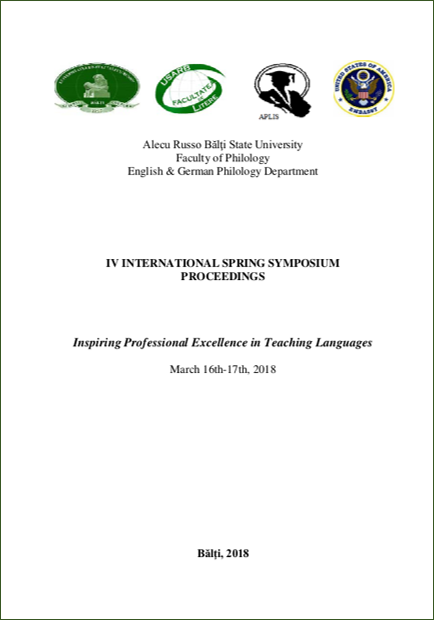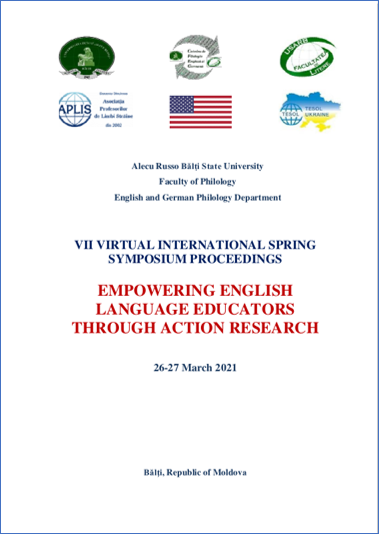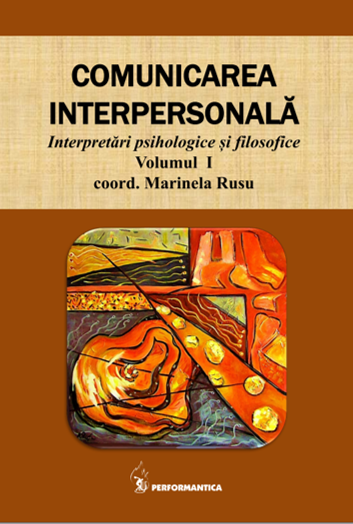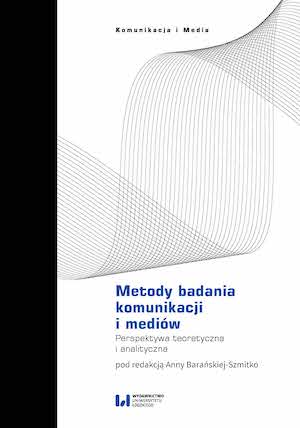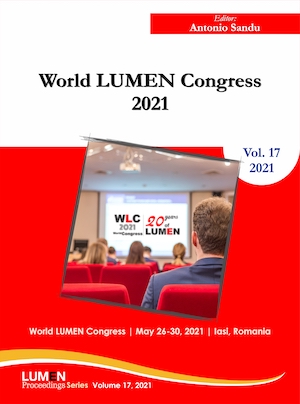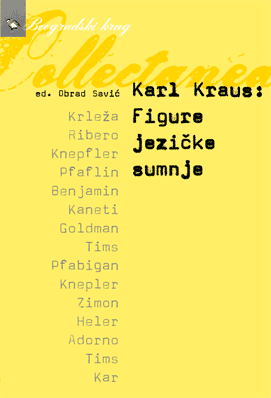
Karl Kraus i Arnold Šenberg
Proslave stogodišnjica rođenja Karla Krausa i Arnolda Šenberga tokom 1971. godine, izazivaju osećaj da je potomstvo sklopilo mir sa njima. Obojica su tom potomstvu ostavili svoja predviđanja. Šenberg je pri kraju života bio siguran: »Druga polovina ovog stoleća precenjivanjem će pokvariti ono što mi je prva polovina učinila dobrim«. Kraus, koji je za života imao hiljade čitalaca, ipak se osećao pogrešno shvaćenim. Odbacivao je prosto interesovanje za svoje delo i želeo da sačeka dok ne sazru »njegove stvari – kako bi možda postao aktuelan«.
More...
